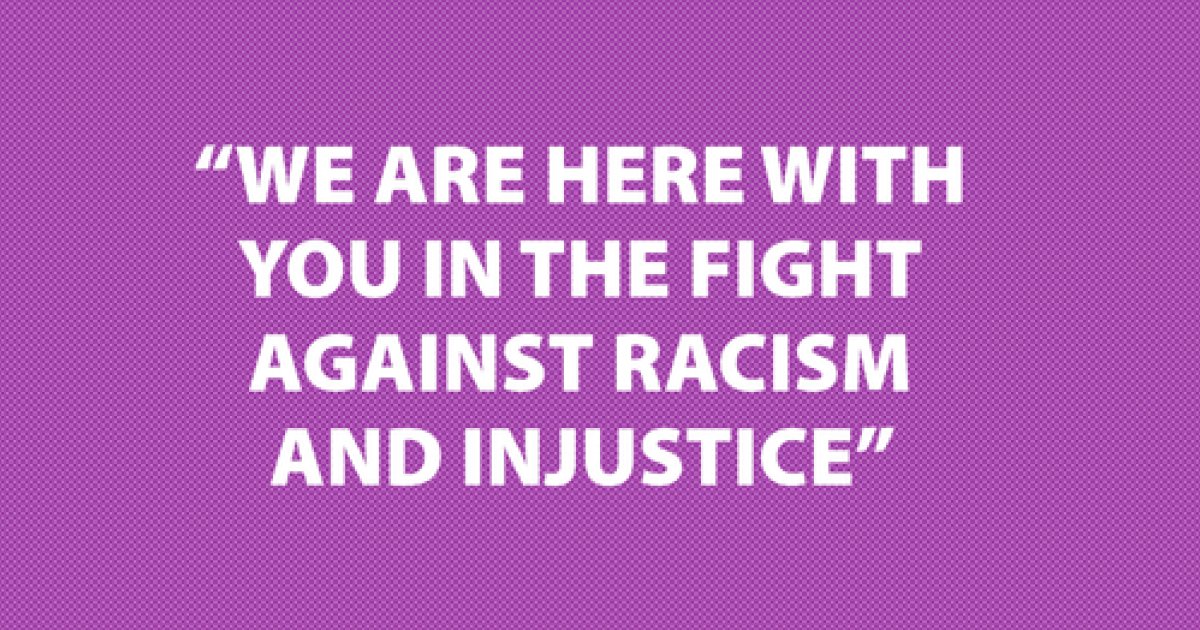
Misinformation about COVID-19 has led to an increase in harassment, threats and violence against Asian Americans and Pacific Islanders (AAPI). The Lupus Foundation of America stands with the AAPI community and condemns violence in all its forms. We are here to support our AAPI constituents in any way that we can.
The AAPI, a diverse group with multiple languages and cultures, are also disproportionately affected by lupus. It is two to three times more likely to affect women of color, which includes the AAPI population.
Stress and anxiety can cause lupus flares and make the disease more difficult to manage. It’s especially important right now that we take care of ourselves and our mental and physical health.
Some ways to do this are to:
- Limit your intake of bad news – It’s important to find credible sources of news and stay informed. But it’s also important to step away from the news if you find that it is increasing your anxiety and fear.
- Connect with loved ones – Friends and family can be important sources of support when you are feeling anxious or upset. Reaching out to them safely using technology can help you feel less anxious and more secure.
- Find support from other people with lupus – Finding support from people who understand what you are going through can help you feel less alone. And they might also have helpful tips for healthy coping and advocating for yourself.
- Find healthy ways to ease your anxiety – Try a creative outlet such as writing or drawing. Many people also find that meditation helps calm anxiety.
- Take care of your physical health – It’s more important than ever that you continue following your lupus treatment plan. Eating nutritious food and staying active can also help you feel better physically and mentally. You should stay in touch with your health care team and ask for help if you need it.
Our Health Education Specialists are here to answer your questions and provide resources to help you in coping with all aspects of lupus. If you find yourself looking for more answers, please reach out.
Other mental health resources:
This post was originally published on this site
